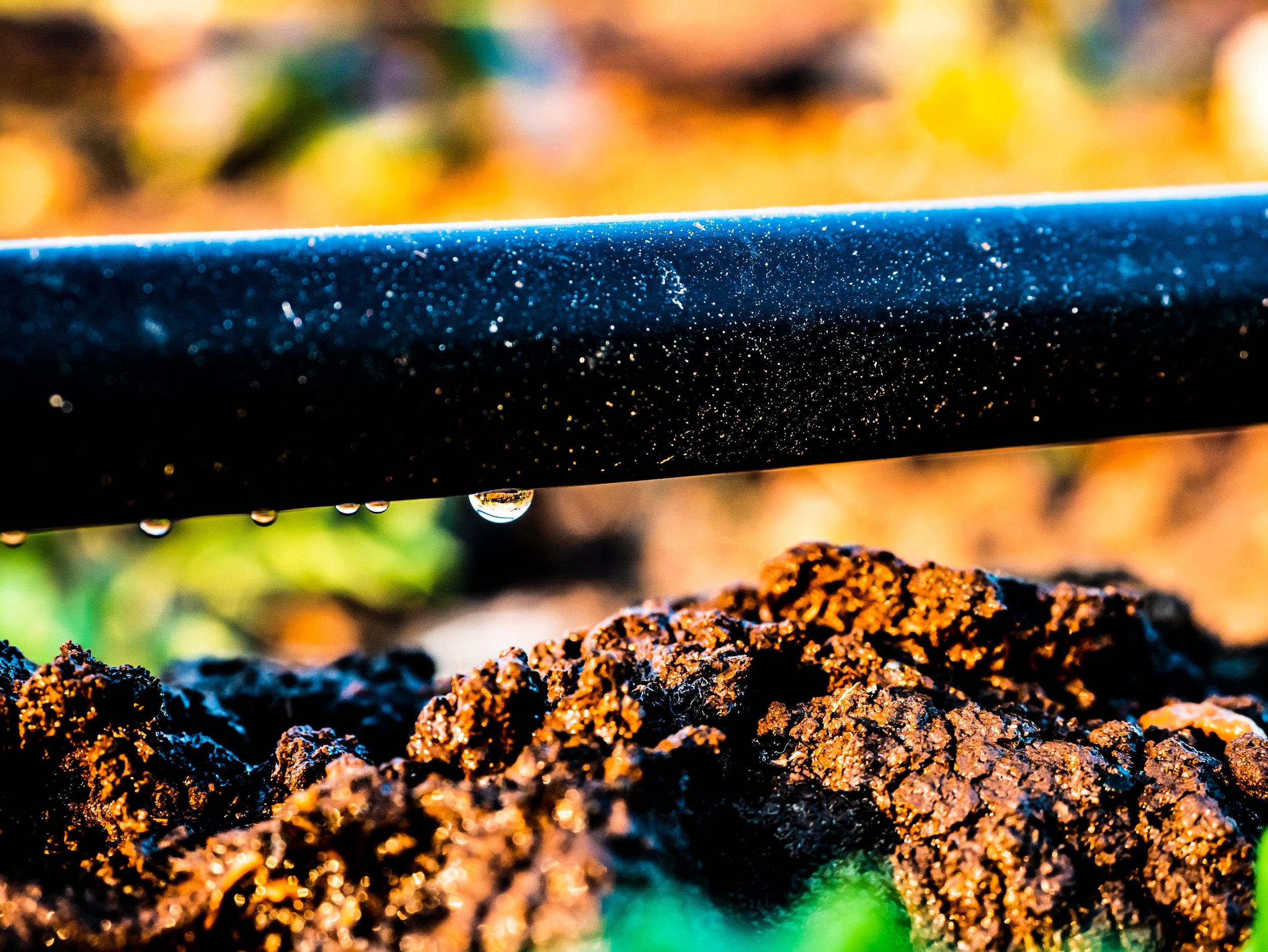Predicting irrigation demand in response to climate change in the Murray–Darling Basin
news
Published 05 Dec 2024
A case study evaluating the impact of climate change on irrigation demand of vineyards in the Riverland provides validation for a Basin-wide project developing systems to inform crop growers water decisions.
The project, led by researchers from the South Australian Research and Development Institute (SARDI), took existing climate, soil, and crop data to project changes in rainfall, temperature, and evapotranspiration – all crucial factors influencing grower’s irrigation needs.
Lead researchers Vinod Phogat and Paul Petrie trialled the model on a Riverland vineyard to predict how climate change could impact viticulture irrigation demands in the Murray-Darling Basin.
Using validated crop factors (a factor used to adjust the estimated water requirements of crops based on their growth habit) and overlaying them with climate data, to inform the vineyard owner of their future irrigation needs.
The case study found that climate change may lead to significant increases in irrigation demand. Seasonal rainfall is projected to decrease by 27%, while evapotranspiration could rise by 8.2% through to 2099. Consequently, vineyard irrigation requirements in the Loxton region are expected to increase from 4.2% between 2020 and 2039 to 17% by the end of the century (2080-2099). The increased irrigation demand was mostly driven by lower predicted rainfall as opposed to warmer conditions.
With climate change factors like increasing temperatures and rainfall changes impacting the demand for irrigation water across the Murray–Darling Basin, growers need confidence they can supply their crops with appropriate irrigation to support their investment. The establishment of perennial crops (e.g. grapevines, almonds) can be a 20-year investment, so growers need the confidence they can supply enough irrigation for crops long-term.
This research provides validation for the One Basin CRC-backed project ‘Predicting the impact of climate change on irrigation demand across the One Basin’, a collaboration between Charles Sturt University, and SARDI.
Through this project, researchers will model the future irrigation needs for almond, wine grape, cotton & rice growers across the Basin. Crop factors will be validated through field interviews with growers and advisors of those crop across the Basin. Future project phases aim to create geospatial irrigation demand maps for the Basin, enhancing regional planning and water resource allocation strategies.
“After establishing relationships between evapotranspiration and crop irrigation requirements of four major crops, we will take climate scenarios and translate them into changes in irrigation requirements for these major crops in the Murray–Darling Basin,” Dr Petrie says.
This research is essential for helping growers and irrigators plan for long-term water needs amidst a changing climate. By providing accurate irrigation demand projections, the project can support growers in making informed investment decisions and improve resource management in the Basin. In turn, this ensures the sustainability and profitability of irrigated agriculture under changing climate conditions.
Latest news & events
All news & eventsWebinar recording: Working With Country To Heal
Read MoreBuilding capacity for Basin communities to respond to variable water futures
Read MoreDelivering the Commonwealth Environmental Water Holder’s (CEWH) Flow-MER 2025 Annual Forum
Read MoreMurray Darling Association 2025 National Conference: Griffith drives Basin-wide water collaboration
Read More